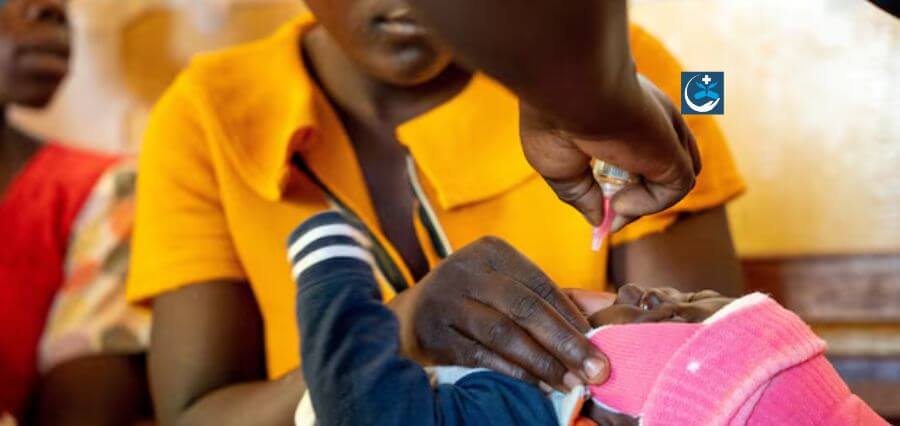Gavi, the global vaccine alliance, is seeking $9 billion from governments and foundations to support immunization efforts in the world’s poorest nations over the next five years, as announced on Thursday. The funding target was finalized during a meeting in Paris, where donors began pledging commitments for Gavi’s 2026-2030 plan. So far, Gavi has secured $2.4 billion of the total amount, with ongoing fundraising efforts expected to continue for several months, including a significant contribution of $1.58 billion from the United States.
Additionally, a separate initiative, the African Vaccine Manufacturing Accelerator, has been launched with $1.2 billion in funding to enhance vaccine production capacity across Africa.
Gavi plays a crucial role in assisting low-income countries in purchasing vaccines to combat life-threatening diseases. Since 2020, approximately one billion children have been immunized due to Gavi’s initiatives.
Sania Nishtar, Chief Executive of Gavi, emphasized the organization’s goal to expedite and broaden vaccine distribution efforts. This includes expanding the rollout of a malaria vaccine, which began in Cameroon this year, and reinstating routine immunization programs for diseases like measles, which were disrupted by the COVID-19 pandemic.
In an interview ahead of the meeting, Nishtar highlighted Gavi’s ambition to reach the highest number of children possible, covering them against a wide range of diseases within the shortest time-frame feasible. Over the next five years, Gavi aims to immunize 500 million children, including 50 million with the malaria vaccine.
While Gavi’s board documents indicated a total funding requirement of up to $11.9 billion for its post-2025 operations, Nishtar mentioned that the remaining funds would be sourced from residual COVID-19 financing and existing financial mechanisms within the organization. She acknowledged the current global health landscape as highly challenging, with international aid budgets strained by diverse demands ranging from conflicts to climate change.


